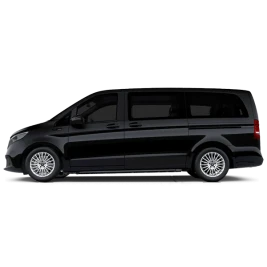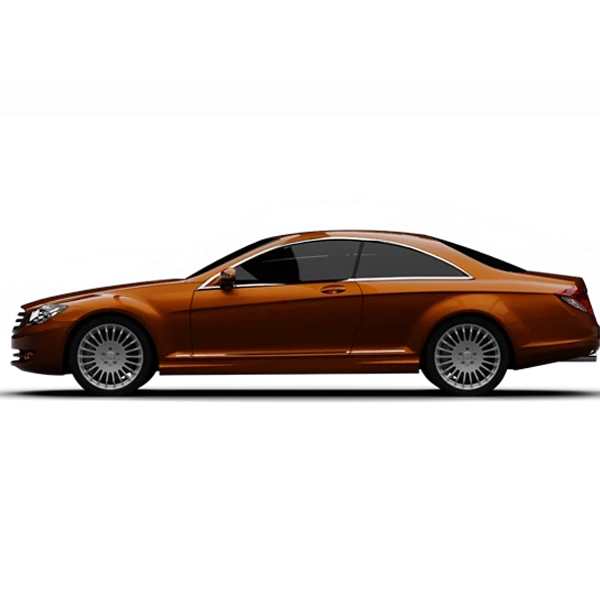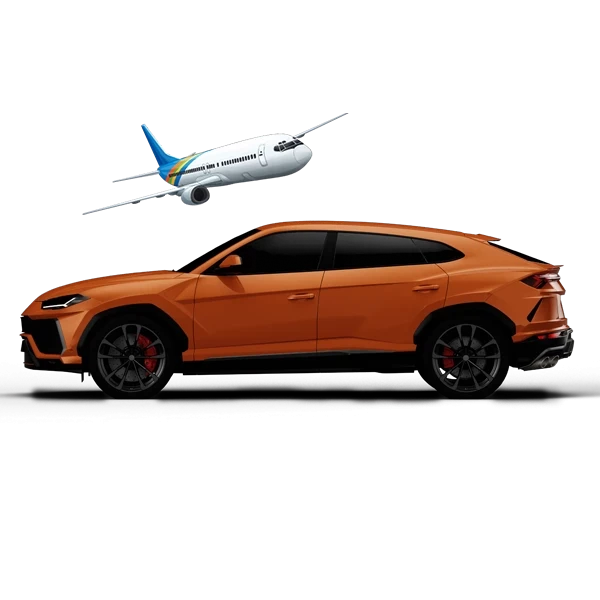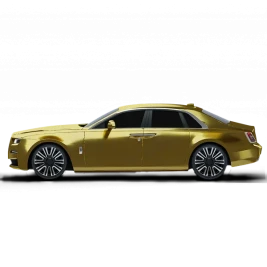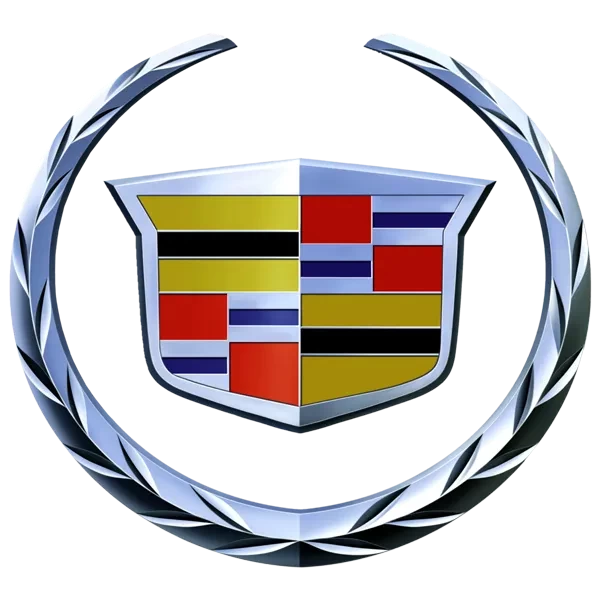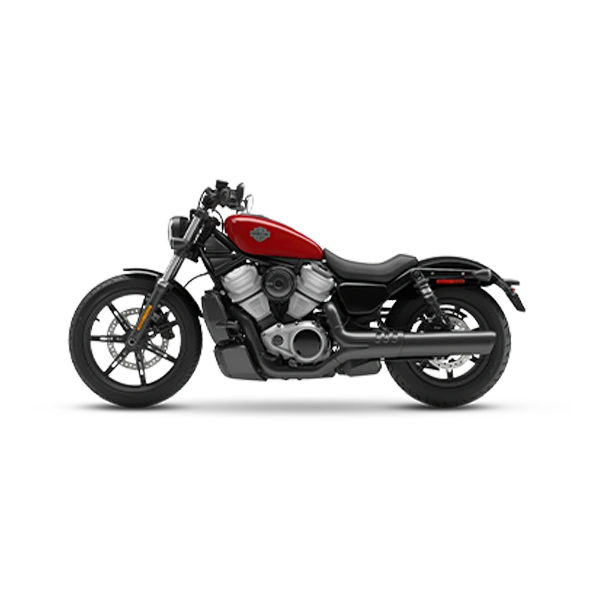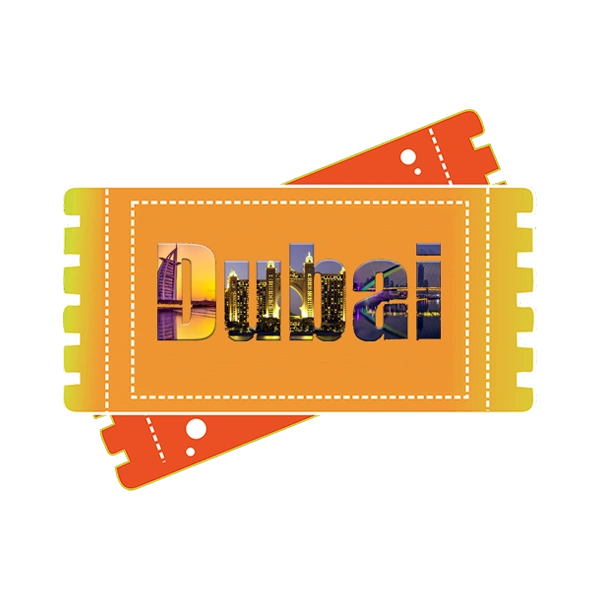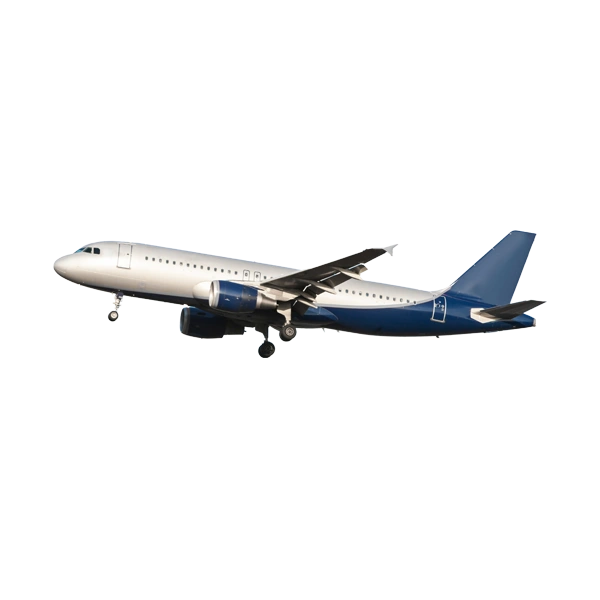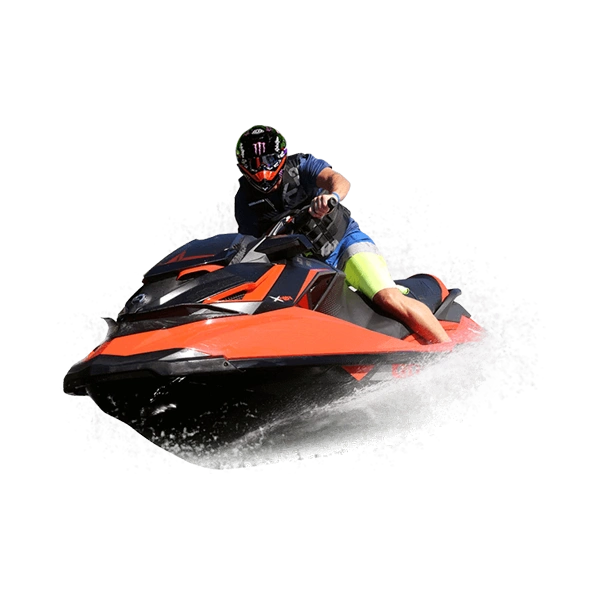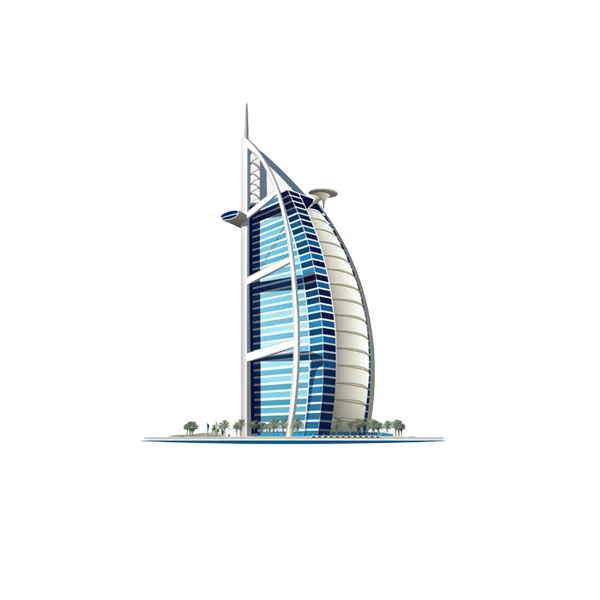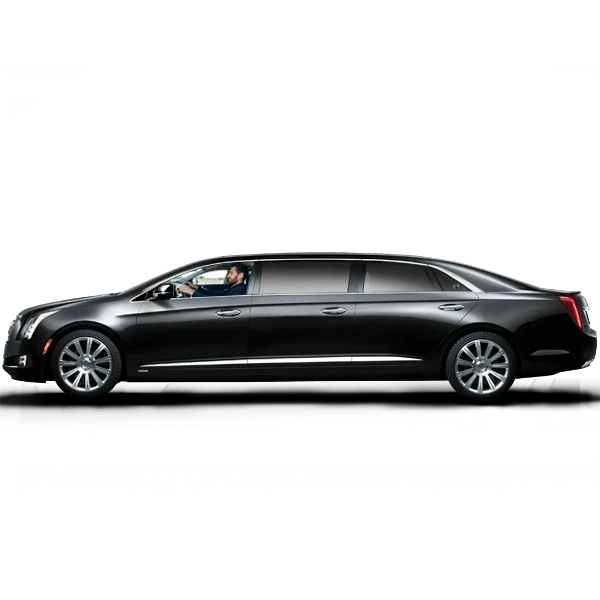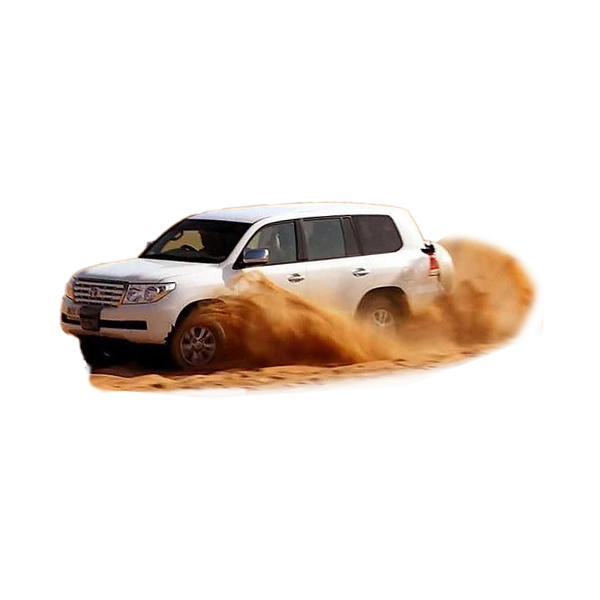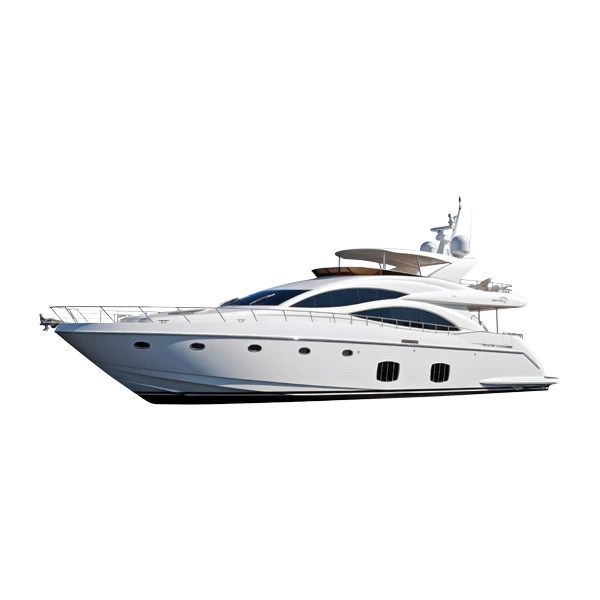Rules for Towing Trailers UAE: Guide for Trailers & Boats
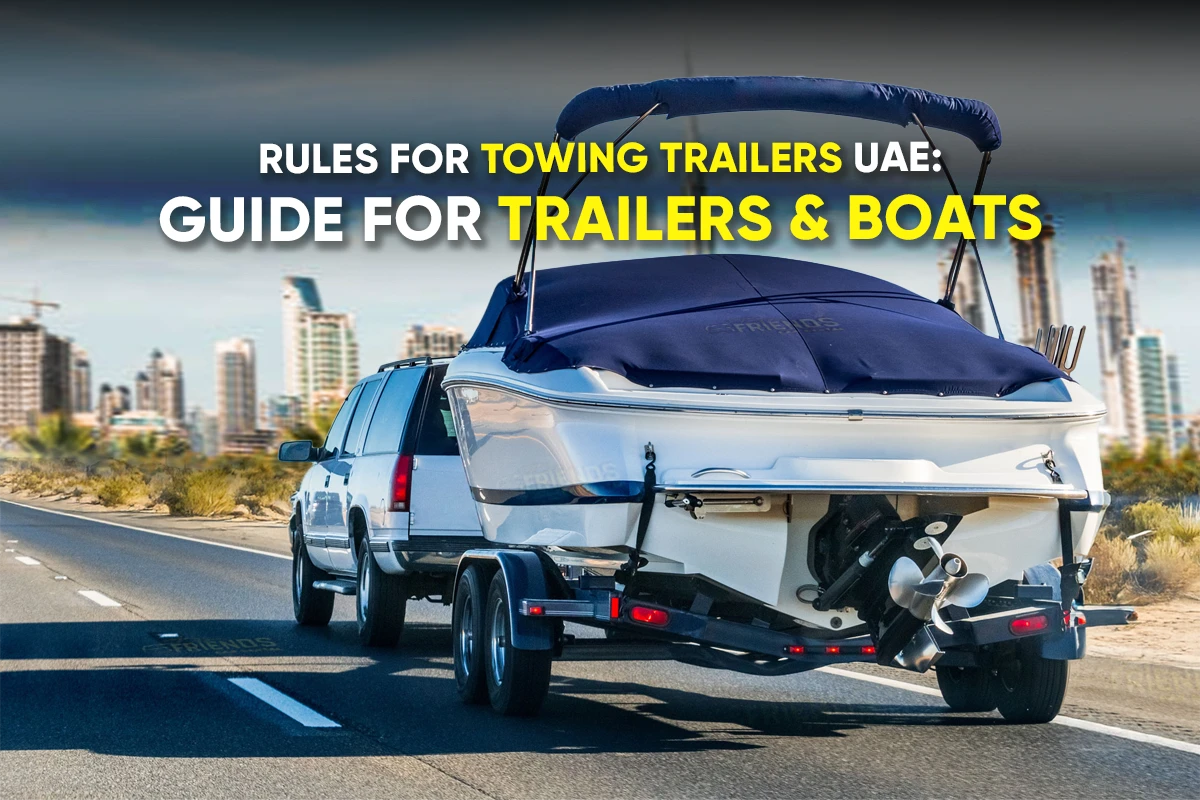
Planning on towing trailers UAE-style but unsure of its legalities? Whether you’re hauling a trailer or a boat, you must understand the latest UAE towing rules for safe and legal trips on UAE’s Smart Roads. This UAE trailer and boat towing guide covers licensing, vehicle & trailer requirements, safety tips, and emirate-specific regulations, along with penalties for non-compliance to help you tow with confidence. Learn to tow trailers legally in the Emirates—let’s dive in.
Understanding UAE Towing Regulations
Before we jump into the main section, let’s understand the fundamentals of UAE towing rules & regulations—it’s important for in-depth understanding. The UAE implements proactive initiatives to maintain a smooth traffic flow and road safety, which governs the towing of trailers and boats on the Emirates road networks.
The UAE’s federal laws via emirate-specific authorities regulate the nation’s transport sector, including towing trailers and boats. Dubai Road and Transport Authorities (RTA) in Dubai, Department of Transportation (DoT) in Abu Dhabi and other emirates, ensure the proper enforcement of the UAE federal laws.
These laws have strict regulation for vehicle compatibility, driver licensing, and safety equipment, which have evolved with time and new technological innovations. This mandates your updated and informed involvement for staying road compliant while towing trailers or boats in UAE—be it Dubai or Abu Dhabi.
Vehicle and Trailer Requirements
Now, let’s explore the first cornerstone of this guide: technical requirements of your vehicle and trailer or boat. You should make sure both of these entities meet the UAE traffic regulations and requirements to hit the road confidently.
Gross Vehicle Weight Rating (GVWR)
First, find out the Gross Vehicle Weight Rating (GVWR) of your towing vehicle, usually found in the manual or on a label inside the driver’s door. This is the maximum total weight your vehicle can carry, including its own weight, passengers, cargo, and the tongue weight of the trailer.
Equally important is the Gross Combination Weight Rating (GCWR), which is the maximum permissible combined weight of your loaded towing vehicle and the loaded trailer or boat. The UAE towing regulations mandate that the total weight of your vehicle and trailer must not exceed these ratings to ensure safety, prevent damage, and avoid traffic violations. Exceeding these limits can lead to significant fines and dangers.
Trailer & Boat Registration
Next, both your trailers and boats must be properly registered under the relevant emirate-specific authorities. For road trailers, this typically falls under the Roads and Transport Authority (RTA) in Dubai or the Integrated Transport Centre (ITC) in Abu Dhabi. For boats and marine crafts, authorities like the Dubai Maritime Authority (DMCA) in Dubai or Abu Dhabi Maritime are responsible for registration.
This registration ensures you are legally on the road or water, meeting all local requirements for safe operation. While specific procedures can vary slightly between emirates, always confirm with the respective authority..
Dimension Limits
Finally, UAE trailer towing regulations also require your boat or trailer to meet specific dimension limits. For instance, Dubai RTA generally permits trailers with a maximum width of 2.55 meters and a maximum length of 12 meters for standard vehicles. These limits are in place to ensure safe passage on roads and prevent hazards. It's important to remember that these dimensions can depend on your vehicle's capacity and the specific emirate's regulations.
Quick Tip: Contacting the relevant emirate authorities (like RTA, ITC, or DMCA) for the latest and most precise regulations is always the best way to stay updated and compliant on the Emirates roads and waters..
Licensing and Driver Requirements
Whether you want to haul a small trailer on the UAE’s desert roads or a boat to Dubai Marina, understanding the licensing & driver requirements is paramount. And compliant towing experience across Dubai, Abu Dhabi, and beyond truly begins with a thorough grasp of the fundamental UAE towing vehicle requirements.
Towing Vehicle Requirements UAE
The UAE’s stringent traffic laws explicitly mandate a valid UAE driving license for all types of towing operations on the Emirates’ extensive road networks. The specific license category required is primarily determined by the Gross Combination Weight Rating (GCWR)—which represents the maximum permissible combined weight of your towing vehicle and the attached trailer; and the Gross Vehicle Weight Rating (GVWR) of the trailer itself.
Standard Light Motor Vehicle (LMV): License (Category 2)
Most personal cars, SUVs, and light trucks typically fall under the LMV license. With this Category 2 license, you are generally permitted to tow:
Trailers with a GVWR not exceeding 750 kg, irrespective of the combined weight of the towing vehicle and trailer. This covers many small utility trailers and jet ski trailers.
Trailers with a GVWR exceeding 750 kg, provided that the total GCWR (the combined GVWR of the towing vehicle and the trailer) does not exceed 3,500 kg. Personal trailers, including many recreational vehicles and smaller boat trailers fall under this category.
Heavy Trailer: License (Category 6)
Category 6 driving license is mandatory if your trailer's GVWR exceeds 750 kg AND the total GCWR (towing vehicle + trailer) surpasses 3,500 kg. To gain this license, Category 3 license is a must, and satisfy additional stringent age and practical experience criteria.
Important Note: For any load that exceeds the dimension & weight limits often require special permits from authorities like RTA or Integrated Transport Centre (ITC) in Abu Dhabi. This is just additional information; you don’t need it for towing your personal boats on Emirates roads.
Safety Equipment and Best Practices
Safety equipment are must while towing trailers UAE or boats in the Emirates—they are non-negotiable per the UAE towing rules. Your trailer or boat trailer must have:
Brake Lights and Turn Signals: Essential for clearly signaling your intentions, reducing collision risks, and ensuring visibility on UAE roads.
Reflective Markers: Crucial for visibility, particularly at night or in low-light conditions.
Safety Chains: Must be securely attached and crossed underneath the trailer's coupling to act as a crucial backup if the primary hitch fails.
Trailer Braking System: For heavier trailers (typically those exceeding 750 kg GVWR), a separate, operational braking system for the trailer is often a legal requirement in the UAE.
Extended Towing Mirrors: Your vehicle must have mirrors providing a clear view along both sides of the trailer and to its rear. Extended mirrors are often necessary to meet this critical visibility requirement.
This equipment ensures visibility on the roads, reducing collision risks to ensure road safety.
Next, you must secure attachment and balanced loads, especially for boats, which can be top-heavy. Using a sturdy hitch to ensure the trailer or boat evenly prevents sway or tip.
For boats, always center the weight over the trailer’s axle to maintain stability on UAE’s high-speed roads. Here are some crucial practices to keep you safe and compliant:
Check tire pressure on both your vehicle and the trailer before every trip to prevent blowouts and maintain stability.
Avoid overloading by strictly staying within your vehicle’s and trailer’s specified towing capacity to prevent mechanical strain and ensure safe handling.
Ensure the trailer doesn’t block your vehicle’s license plate or lights, as this is a common violation that can trigger fines.
Allow significantly increased braking distances, make wider turns, and adhere to appropriate reduced speeds for towing on highways.
Non-compliance, such as missing safety chains or faulty lights, can lead to hefty fines or/and vehicle impoundment. Stay proactive by inspecting your setup before every trip.
Following these safety tips for towing trailers UAE while you hit the UAE roads, you keep yourself, load, and others safe across the UAE’s diverse landscapes.
Penalties for Non-Compliance
Staying compliant is a must for an uninterrupted and stress-free adventure while towing a trailer or boat in the UAE. The UAE towing fines can hit you hard if you don’t strictly adhere to its guidelines, which include:
Unregistered Trailer/Boat: Fine of AED 1,000 + 4 black points, plus potential 7-day impoundment.
Operating Without Proper License: Fine of AED 400 - AED 1,000 + 4-12 black points (depending on severity/category mismatch).
Faulty/Missing Lights or Reflectors: Fine of AED 400 - AED 500 + 4 black points.
Overloading or Unsecured Load: Fine of AED 500 - AED 3,000 + 4-6 black points, potential impoundment.
Missing Essential Safety Features (Chains, Brakes, Mirrors): Fine of AED 500 - AED 2,000 + 4 black points, potential impoundment.
Blocked License Plate/Lights: Fine of AED 400.
Causing Obstruction/Driving Too Slowly: Fine of AED 400 + 4 black points.
Reckless Towing (Endangering Lives/Property): Fine of AED 2,000 - AED 3,000 + 23 black points + 60-day impoundment.
These penalties underscore the UAE authorities' commitment to road safety. A proactive approach by thoroughly inspecting your setup and understanding regulations before every trip is paramount to avoid these stringent penalties.
Practical Tips for Towing in the UAE
Having comprehensively understood about UAE towing trailer rules and associated penalties for non-compliance, let’s explore some insightful tips for a compliant and trouble-free towing experience in the country:
Before every journey, conduct a full inspection. Verify tire pressure, test all lights, and confirm secure hitch and safety chain connections.
Distribute weight low and over the trailer's axle. Aim for 10-15% of total loaded weight on the hitch (tongue weight) to prevent swaying, especially on high-speed roads. Secure all cargo tightly.
Drive slower than usual; adhere to lower speed limits for towing vehicles (e.g., 80 km/h).
Leave significant braking space/more room for stopping.
Make wider turns for the trailer's length by making wider turns.
Avoid sudden steering, acceleration, or braking inputs.
Always ensure clear rear and side visibility; use extended towing mirrors if necessary.
Pre-plan for challenging routes using advanced mapping apps, inclines, or areas with specific vehicle restrictions.
If new to towing, practice accelerating, braking, and reversing in a safe, open area first.
Stay informed and updated by regularly checking for updated regulations with authorities like RTA (Dubai) or ITC (Abu Dhabi).
FAQs
What Are the Rules for Towing Trailers and Boats in the UAE?
There are several rules for towing trailers and boats in the UAE, under the UAE federal law, which clearly state: requirement of a valid UAE driving license, registered trailers/boats compliant with RTA or DoT dimension limits, and mandatory safety equipment like brake lights, turn signals, reflective markers, and safety chains.
What license do I need to tow a trailer in Dubai?
To tow a trailer in Dubai, you will need a Light Motor Vehicle (LMV) license (Category 2) if the trailer's GVWR does not exceed 750 kg, or if it exceeds 750 kg but the combined GVWR of your vehicle and trailer is under 3,500 kg. For heavier trailers, you will need a Heavy Trailer License (Category 6), which requires a Category 3 (Heavy Vehicle/Truck) license as a prerequisite.
What are the weight limits for towing in the UAE?
The UAE towing trailer rules mandate that the Gross Combination Weight Rating (GCWR) of your towing vehicle and trailer must not exceed the vehicle manufacturer's specified limits, ie, 3,500 kg in total (vehicle + trailer (750 kg)). Trailers over 750 kg GVWR potentially require a separate braking system.
Conclusion
The rules of towing trailers UAE and boats in the country are clearly governed by federal laws, focusing on essential vehicle & trailer requirements, licensing & driver regulations, and critical safety equipment. These are straightforward guidelines that, as we've meticulously discussed, are designed for easy understanding and compliance.
To ensure uninterrupted and safe adventures on the Emirates' roads, always strictly adhere to all guidelines. Furthermore, make it a continuous effort to stay updated and informed about evolving rule changes by following emirate-specific entities like the RTA, DoT, and ITC.
Written by: FriendsCarRental
Published at: Tue, Jul 22, 2025 11:19 AM
Leave a Reply
Your email address will not be published. Required fields are marked *
Car Rental in Dubai
AED 2500
DAY
AED 0
MONTH
-
 SUV
SUV -
 4 Doors
4 Doors -
 5 Seats
5 Seats
- 1 Day Rental Available
- Deposit: Not Required
- Insurance Included
AED 5500
DAY
AED 0
MONTH
-
 Sports
Sports -
 2 Doors
2 Doors -
 2 Seats
2 Seats
- 1 Day Rental Available
- Deposit: Not Required
- Insurance Included
AED 1200
DAY
AED 0
MONTH
-
 SUV
SUV -
 4 Doors
4 Doors -
 5 Seats
5 Seats
- 1 Day Rental Available
- Deposit: Not Required
- Insurance Included
AED 1600
DAY
AED 0
MONTH
-
 SUV
SUV -
 4 Doors
4 Doors -
 5 Seats
5 Seats
- 1 Day Rental Available
- Deposit: Not Required
- Insurance Included
AED 1500
DAY
AED 28500
MONTH
-
 SUV
SUV -
 4 Doors
4 Doors -
 5 Seats
5 Seats
- 1 Day Rental Available
- Deposit: Not Required
- Insurance Included

 عربي
عربي
 English
English
 Français
Français
 Русский
Русский
 中国人
中国人
 Nederlands
Nederlands
 Española
Española
 Türkçe
Türkçe
 Italiana
Italiana
